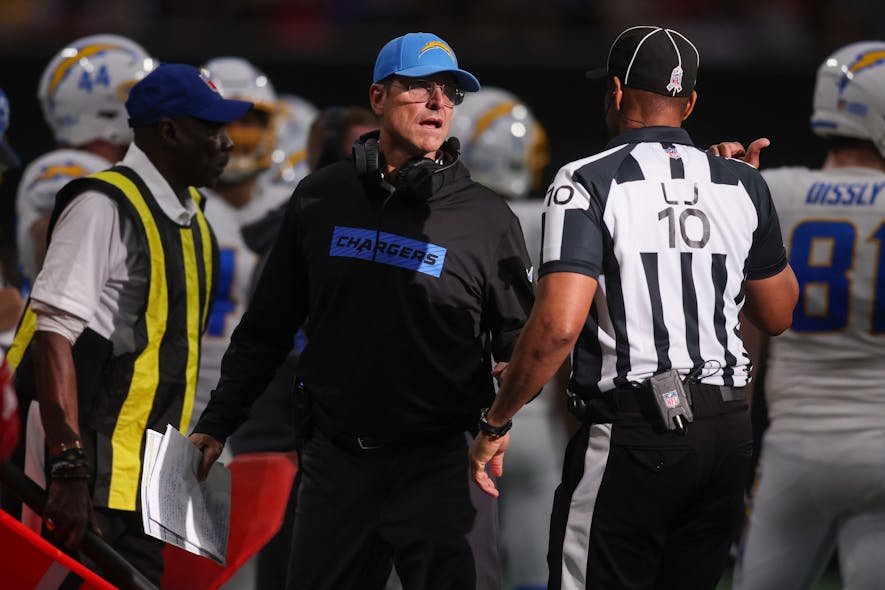There's a lot of strong dynasty analysis out there, especially when compared to five or ten years ago. But most of it is so dang practical-- Player X is undervalued, Player Y's workload is troubling, the market at this position is irrational, and take this specific action to win your league. Dynasty, in Theory is meant as a corrective, offering insights and takeaways into the strategic and structural nature of the game that might not lead to an immediate benefit but which should help us become better players over time.
Is Competing Good?
Peter Thiel once famously wrote that "competition is for losers". That's been in my head since I saw the following tweet this morning:
Two Players Benched their lineups to forced a tie so they could make the playoffs.
— Dave Heilman NFL (@DynastyDorks) December 13, 2024
Blocked playoffs for another team
Thoughts? pic.twitter.com/5nDsZ0rC3c
Two teams were in a position where a tie or a win guaranteed them a playoff spot, while a loss would eliminate them. Those teams happened to be playing each other, so they agreed to bench all of their players and both score zero points for the week, guaranteeing them both a trip to the postseason (at the expense of a third manager, who otherwise would have taken the place of whichever of these teams lost).
Many asked whether this was smart; one rogue manager could start one player seconds before kickoff on Monday Night Football to guarantee an easy win. It's not quite a classic prisoner's dilemma because there's no additional reward for defecting, but it doesn't need to be a classic prisoner's dilemma for a manager to defect, it only requires one of the managers to think it's a classic prisoner's dilemma. (Judging by the replies, enough people think it's a classic prisoner's dilemma to make me nervous.)
Many others opined on whether it was legal. If it's a basic, out-of-the-box ESPN league, it probably is (or at least there's unlikely any specific rule against it). If there are any rules or constitution whatsoever beyond the default settings, it's almost certainly not; this is a fairly cut-and-dried case of collusion, which is always the First Great Evil of fantasy football.
Finally, many opined on whether this was bad. Manager A wants to make the playoffs and this agreement gives him or her the best chance of getting there. Manager B wants to make the playoffs, and this also maximizes his or her chances. Manager C gets left out in the cold, but that's not their problem-- their only job is to manage their own teams.
And that's right, insofar as it goes. We shouldn't have to rely on the scruples of random managers to maintain the competitive integrity of the league. That's what we have rules for.
What Are Rules For?
I want to make the playoffs. Making the playoffs will make me happy. Presumably, my leaguemates want to make the playoffs, too; presumably, a playoff berth will also make them happy. Because there are only six playoff berths and more than six managers who want them, each manager's happiness must necessarily come at the expense of another's.
This is known as a "zero-sum game" because all losses and wins perfectly offset, summing to zero. And a lot of aspects of fantasy football are zero-sum. Every team's win is another team's loss, and every team's tie is another team's tie. Every playoff berth earned results in someone else's season ending early. Every title won comes at the expense of every other team that wanted it. Waiver claims are zero-sum. Draft order is zero-sum.
For zero-sum competitions, one winner is as good as another. If you're going to end up with one happy manager and eleven sad ones no matter what, why should the league care whether the one happy manager is David or Sarah?
But there are a lot of aspects of fantasy football that are not zero-sum. Meeting with my friends before the season for a draft party makes me happy... but it also makes my friends happy. There are no tradeoffs, everyone is better off. This is known as a "positive-sum" interaction.

